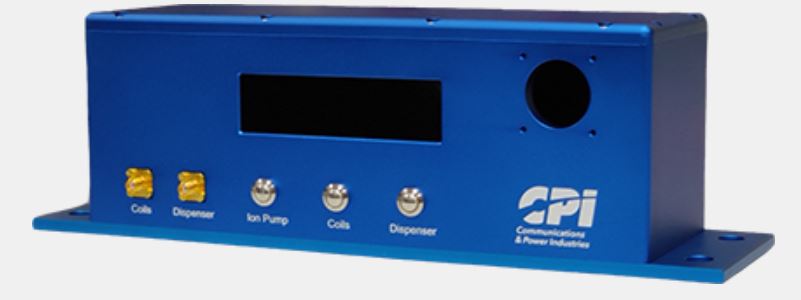Quantum technology is leaving the laboratory and entering the industrial world to provide a paradigm shift in capability unrivalled by any other technology. CPI EDB is at the forefront of this revolution with development funded both by private venture and the government. Quantum technology is expected to provide compact and precise atomic clocks, and new gravimetric and magnetic sensors. CPI EDB has partnered with several relevant companies and universities to develop these new products.
The primary thrust of the work at CPI EDB is the requirement for portable and ruggedized atomic clocks. Their use has typically been limited to the confines of an academic lab, but the unprecedented precision and accuracy of these clocks have led to their proposed integration in systems for precision navigation and timing (PNT) and synchronization. Unlike GPS, a system that provides timing and positioning data from satellites in orbit onboard atomic clocks are synchronized with one another. This allows the system to disseminate time and provide positioning data through triangulation. CPI EDB is currently involved in the following activities under the UK National Quantum Technologies Programme (UKNQTP):
Compact atomic clock(s)
CPI EDB has undertaken a number of Innovate UK-funded projects to develop compact atomic clocks using hollow-core crystal photonic fiber (HCF) and vapor cell technology. The HCF and vapor cells are filled with alkali metal vapor under UHV at CPI EDB, and then integrated in to a clock architecture where they provide an optical frequency reference for the clock. CPI EDB envisions the first iteration of this clock, currently being developed under Dstl's Defence & Security Accelerator programme, to be 19' rack 5U sized with a fractional frequency instability of 2×10-13 over 1,000 seconds.
For more information on this exciting work, please contact the CPI EDB Business Development team at;
[email protected]



